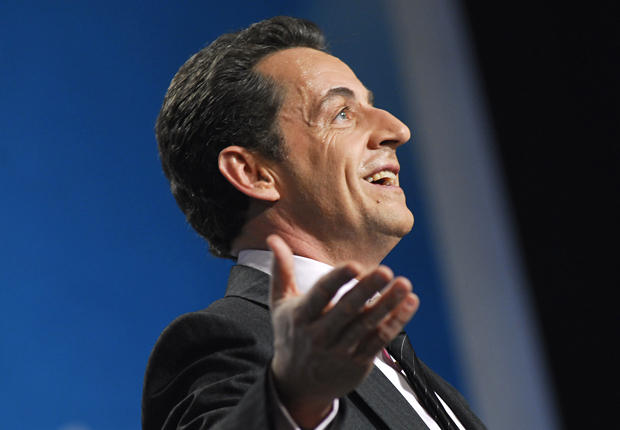Sarko Taxes His Way to "Credibility"

On August 24th, in an attempt to stave off a possible downgrade of France’s Triple-A credit rating, President Nicolas Sarkozy announced a deficit reduction plan for 2011 and 2012. The proposed austerity measures counteract his previous reform efforts to spur economic competition.
French Prime Minister François Fillion explained that in addition to deficit reduction efforts, it is necessary to also eliminate tax loopholes for the rich in order to reassure investors and spur economic growth. Sarko’s government ultimately hopes to establish a tax system similar to that of Germany’s, which generates an estimated €150 billion in revenue.
Funnily enough, in November 2010, Sarko announced plans to eliminate the wealth tax in order to increase competitiveness with Germany, an endeavor he supported until March of 2011.
While Sarkozy did manage to abolish the previous Socialist government’s 35-hour workweek in 2008, the scrapping of the wealth tax has yet to be realized. However, in November 2010, in an attempt to stave off intense political opposition to its potential termination, Sarkozy agreed to remove a tax ceiling which had previously prevented more than 50% of an individual's income from being taxed.
As a rule of thumb, it can generally be assumed that French people would overwhelmingly support tax increases than a cut to national programs and benefits. In March of 2010 there was talk of significantly reducing healthcare funding, to which the Parisians responded in a very Parisienne fashion: public demonstrations and weeklong strikes.
Just as Sarko increased levels of taxable income in order to appease opponents to the elimination of the wealth tax, he has now agreed to fire at big corporations and the rich in order to establish himself as an economically responsible Head of State. “Credibility will be a central issue in the coming election,” affirmed the Prime Minister.
While Sarkozy’s approval ratings continue to linger around 40 percent, it appears that the only economic certainty is that political motives determine all.

